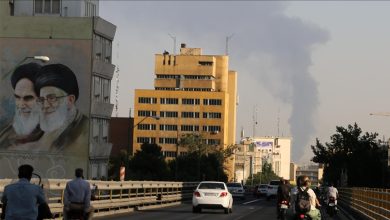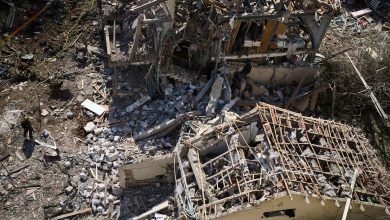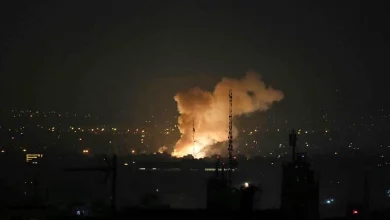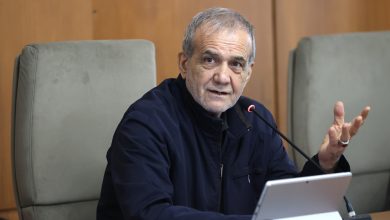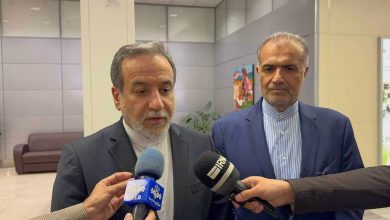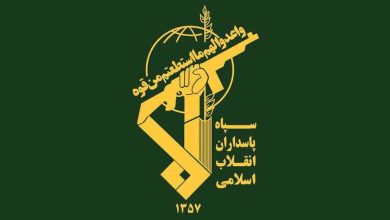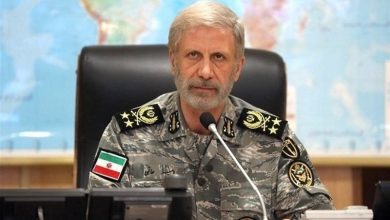Talks proposed by Trump seen as ‘element of maximum pressure’; Iran official notes US promises remain ‘unmet’
A senior advisor to Ayatollah Seyyed Ali Khamenei, Leader of the Islamic Revolution, has criticized the United States for its inconsistent stance towards Iran, labeling it as an extension of Washington's "maximum pressure" strategy. The advisor asserted that this approach does not demonstrate a sincere willingness from the United States to engage in dialogue with Tehran.
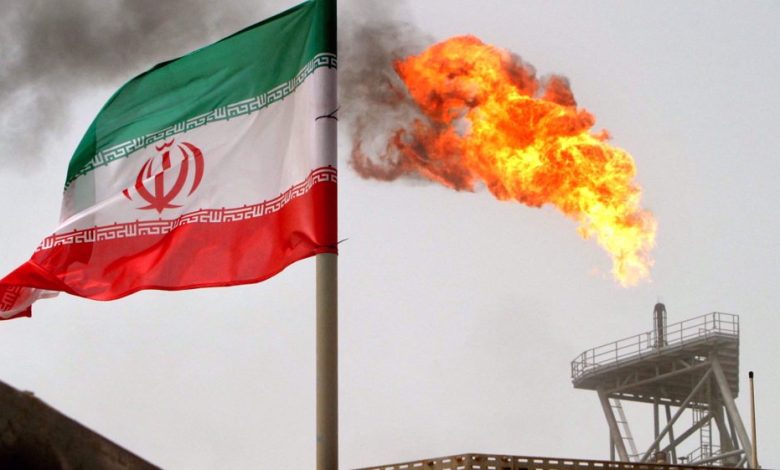
Ali Shamkhani has stated that while the United States is proposing to engage in dialogue with Iran, it is simultaneously escalating sanctions against the nation.
He emphasized that negotiations should be conducted strategically and from a strong position to safeguard national interests, rather than as a means to address domestic issues.
He underscored that negotiations would hold significance only if both parties exhibit the requisite determination and ability to achieve a durable agreement. However, he noted, historical evidence suggests that the United States has not consistently adhered to its commitments.
A high-ranking official has reiterated Iran’s dedication to participating in negotiations to restore the 2015 nuclear deal, known as the Joint Comprehensive Plan of Action (JCPOA), notwithstanding the United States’ previous decision to unilaterally exit the agreement.
In a recent statement, Ali Shamkhani asserted that Iran remains committed to negotiations, emphasizing that it is the United States and European nations that have not upheld their obligations. He called on these Western powers to lift the sanctions currently imposed on Iran.
He expressed criticism towards United States policies, labeling its negotiation proposal as “unreliable.” He further stated that discussions depend on the European signatories of the Joint Comprehensive Plan of Action (JCPOA) adopting a logical and respectful approach.
In the event of any negotiations, Iran will prioritize the lifting of sanctions rather than agreeing to deals that are superficial and lack practical impact, he emphasized.
A senior aide to Iran’s Supreme Leader has stated that any prospective agreements or negotiations are unlikely to definitively resolve the country’s economic challenges. The aide elaborated that the experiences garnered from the Joint Comprehensive Plan of Action (JCPOA) and the perceived lack of commitment from the United States and Europe have demonstrated that negotiation alone is insufficient for yielding substantial results.
He emphasized that implementing structural reforms and ensuring effective economic governance are critical prerequisites for enhancing the nation’s condition.
Shamkhani refuted the notion that ongoing negotiations would culminate in an agreement capable of resolving economic challenges, labeling such a perspective as “incorrect.”
He explained that numerous countries, despite having established comprehensive economic agreements, are still grappling with economic crises attributed to inadequate domestic infrastructure.
He emphasized the critical need to strengthen internal infrastructures and lessen reliance on external factors to address the nation’s challenges.
In such a scenario, Iran would approach potential negotiations from a position of strength rather than out of necessity, according to remarks by Shamkhani.
He reiterated Ayatollah Khamenei’s statements from last week, emphasizing that past experiences indicate that engaging in negotiations with the United States does not contribute to resolving Iran’s issues.
The Leader stated that while some individuals maintain that engaging in negotiations may help resolve certain issues, it is crucial to recognize that dialogue with the United States yields no tangible solutions for the nation’s challenges.
On February 6, the United States implemented an initial wave of sanctions against Iran following President Donald Trump’s reinstatement of his “maximum pressure” campaign targeting the Islamic Republic.
The decision followed two days after former President Donald Trump expressed a readiness to reengage in talks with Iran. However, he simultaneously enacted an executive order reinstating his “maximum pressure” strategy on Tehran.

